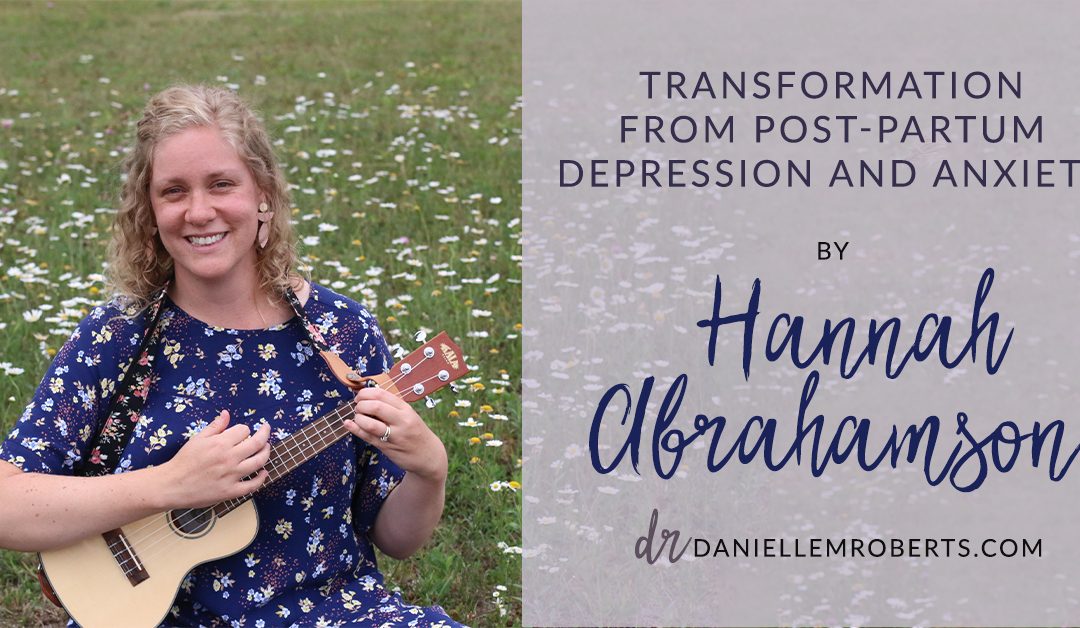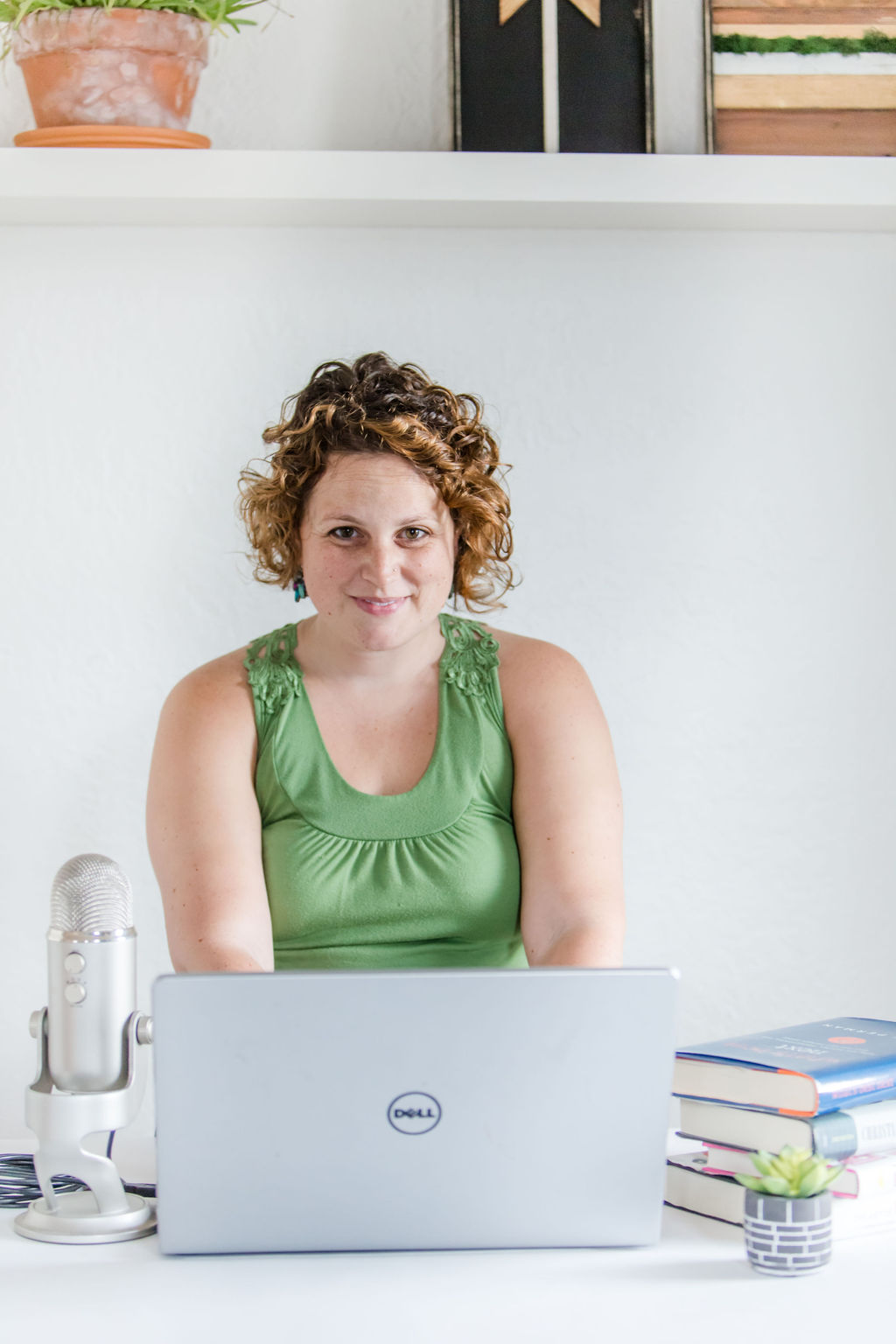A long time ago, when the judges ruled over Israel, there was a famine in Bethlehem. Elimelech, his wife Naomi, and their two sons left Bethlehem for the land of Moab. While they lived in the land of Moab, Elimelech died. Naomi’s sons married Moabite women, and then, before either one could bear children, they died as well. Naomi, now without a husband or sons, encouraged her two daughters-in-law, Orpah and Ruth, to return to their homes and families. Ruth, however, chose to stay with Naomi, and Naomi returned to Bethlehem, her homeland, when she heard that God had provided food for her people.
When Naomi arrived in Bethlehem, she caused quite a stir, especially among the women. When they said “Is this Naomi?” she responded with,
“Do not call me Naomi; call me Mara, for the Almighty has dealt very bitterly with me. I went away full, and the Lord has brought me back empty. Why call me Naomi, when the Lord has testified against me and the Almighty has brought calamity upon me?” (Ruth 1:20-21)
I can’t imagine the pain and sorrow Naomi felt returning to her homeland empty when she had left with plenty. Certainly she had gained a faithful friend in Ruth, but she had lost so much more. Her social standing had plummeted. She had no husband to care for her, and no sons who could carry on her family name and line. She didn’t even have food for herself and Ruth; Ruth had to follow after the Israelite farmers to glean from the grains they had left behind. Naomi’s pain and sorrow was so great that she requested the women call her Mara instead of her name, Naomi, which she had been called for all of her life up until this point. Mara means “bitter.”
About five years ago, I felt exactly like Naomi. Because of crazy post-pregnancy hormones and some ongoing circumstances in my life, I developed severe postpartum depression/anxiety. I had never experienced anything like it before. Sure, every now and again I had felt anxious about an upcoming test or traveling on an airplane, and every now and again something made me feel more sad than usual, but no emotions I had ever felt before in my life compared to what I felt then. It was almost like somebody had flipped a switch in my brain; one moment I felt like myself, and the next moment I felt like a shadow of myself. It has been the most traumatic moment of my life thus far.
I’ve met many other women who have experienced the same emotions I did after the birth of one (or all) of their children. Many of us have something else in common. We divide our lives into two sections: pre-postpartum depression/anxiety and post-postpartum depression/anxiety. This idea of dividing life into the before-and-after of a traumatic event doesn’t just apply to mental health issues, either. I would guess that many of us, when we think back on the last few years, will divide our lives into pre- and post-covid. My grandparent’s generation divided their lives into pre-WWII and post-WWII.
In a lot of ways, this division makes sense. When I developed postpartum depression/anxiety, I had to consider so many things I had never had to consider before, such as the use of medicine to treat mental health disorders and whether or not I would want to see a counselor. I had to figure out how to explain to my son, in three-year-old terms, why I wasn’t up for playing with him sometimes. Covid forced many of us to step back and evaluate our lives. Like Marie Kondo throwing out unused items, many of us discovered that we had activities going on in our lives that weren’t adding any value to our already-packed schedules. I can’t speak to the before and after of WWII, but I can imagine why someone who lived through those tumultuous years would remember life differently before and after them.
In a lot of ways, however, I think this way of dividing up time is unhelpful and even harmful. I’ll spend the rest of this article explaining why, from my own perspective of pre- and post-postpartum depression/anxiety.
A short explanation before I begin: I label my experience as “postpartum depression/anxiety” because depression and anxiety often co-exist, like two different sides of the same coin. I fluctuated between both, my anxiety making me feel depressed (why can’t I just relax and enjoy being a mom?) and my depression making me feel anxious (why do I feel so sad when I should feel happy?). This may not be your experience; some women feel one or the other more strongly. If you’re reading this article and you’re suffering through depression or anxiety, I’m offering this short explanation so you don’t feel like you should be vacillating between the two. Please feel what you feel (and submit those feelings to Jesus) and use my story as general encouragement rather than a set of rules to follow. For the rest of the article, I’ll use the abbreviation PPD/A for postpartum depression/anxiety.
Okay, here we go.
I realized that dividing my life into the before and after of PPD/A tempted me to view certain seasons of my life as “interim” seasons. The word “interim” means an in-between time or a time between two events. I caught myself viewing my time of suffering directly after the onset of my PPD/A symptoms as an in-between time. Since to me this time only seemed like a waiting period–I was waiting for things to get better–I wasn’t considering how I could still use this time to serve God well. I found myself thinking things like, “When I’m better, I’ll repent of this sin in my life,” or “I’ll take care of myself once my medicine kicks in.” This was harmful to me because I let a lot of my good habits go, and they were hard to gain back. I struggled to follow the apostle Paul’s encouragement: “As for you, brothers, do not grow weary in doing good.” (2 Thessalonians 3:13)
Along the same lines, I caught myself wishing for days past instead of looking ahead to the blessings I knew God would give me. And I don’t mean material blessings, such as a new car or home, I mean spiritual blessings, such as increased reliance on Jesus and refinement through trials and sufferings. The book of James explains, “Count it all joy, my brothers, when you meet trials of various kinds, for you know that the testing of your faith produces steadfastness. And let steadfastness have its full effect, that you may be perfect and complete, lacking in nothing.” (James 1:2-4) One of my favorite hymns says it this way, “The flame shall not hurt you; I only design your dross to consume and your gold to refine.” (How Firm a Foundation v. 4) I didn’t believe that my days after PPD/A could ever be as wonderful as my days before PPD/A. In other words, I felt like the good old days were gone and I would just have to suffer through the rest of my life until God called me home. This, of course, is not true, and God has proved that thousands of times over. The suffering I experienced as part of PPD/A brought with it a more full knowledge of God’s comfort and love for the brokenhearted. And, as long as Jesus lives, there is hope, so there is always hope.
Another way dividing up my life into pre- and post-PPD/A harmed me was by causing me to give that one event too much power. The onset of PPD/A loomed so large in my life that it dwarfed everything else. Jesus became small, I’m sad to say, and my worries became monstrous, huge, and gigantic. Like a stormcloud covering the plains, PPD/A overshadowed everything I knew and believed about God’s love for me. The feelings that come along with PPD/A can be intense and scary, but still, they’re only feelings, and Romans 8:38-39 says, “For I am sure that neither death nor life, nor angels nor rulers, nor things present nor things to come, nor power, nor height nor depth, nor anything else in all creation, will be able to separate us from the love of God in Christ Jesus our Lord.” I learned that God’s truths must be larger in my life than the suffering I was experiencing. Matthew 6:33 explains it like this: “But seek first the kingdom of God and his righteousness, and all these things will be added to you.”
Finally, God doesn’t view our lives this way; he views our lives as one book, albeit with many chapters, but one book nonetheless. Once God concludes a chapter in our lives, he doesn’t scramble to figure out what’s going to happen to us next. He already knows, because he had it planned since before the beginning of time. The fact is, God designed you for this–all of this, all of your life, including the times before and after intense periods of trials and suffering. The life I lived before PPD/A is still the same life I’m living now. Things may be different–they are different–but the soul God gave me, the good work he’s planned for me to do here on earth, and, most importantly, the fact that I belong to Jesus, these things haven’t changed. They remain the same, and they always will.
Remember Naomi? The book of Ruth tells us that just as God blessed Naomi in the days before her husband and sons died, God continues to bless her through her trials and suffering and beyond. Naomi’s faithful daughter-in-law Ruth, who had left her own people and her own land in order to stay with Naomi, marries Elimelech’s relative, Boaz. This means that, by extension, Naomi is part of a household again. She has a family and she has a protector. After Boaz and Ruth have their first child, the women of Bethlehem again speak to Naomi. This time, they say, “Blessed be the Lord, who has not left you this day without a redeemer, and may his name be renowned in Israel! He shall be to you a restorer of life and a nourisher of your old age, for your daughter-in-law who loves you, who is more to you than seven sons, has given birth to him.” (Ruth 4:14-5) The women of Bethlehem even give the child a name: Obed, the father of Jesse, the father of David, from whom our Redeemer came.
Read Hannah’s blog over at Teacher by Nature. Her blog is a collection of stories, essays, and poems with an emphasis on the great outdoors. She loves being outside and sharing that love of nature with her students. She also likes to read and write about books, and what God is teaching her. Her hope is that her words encourage you to continue fighting the good fight of faith.


